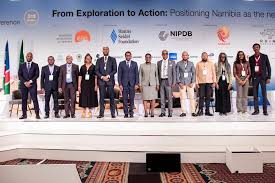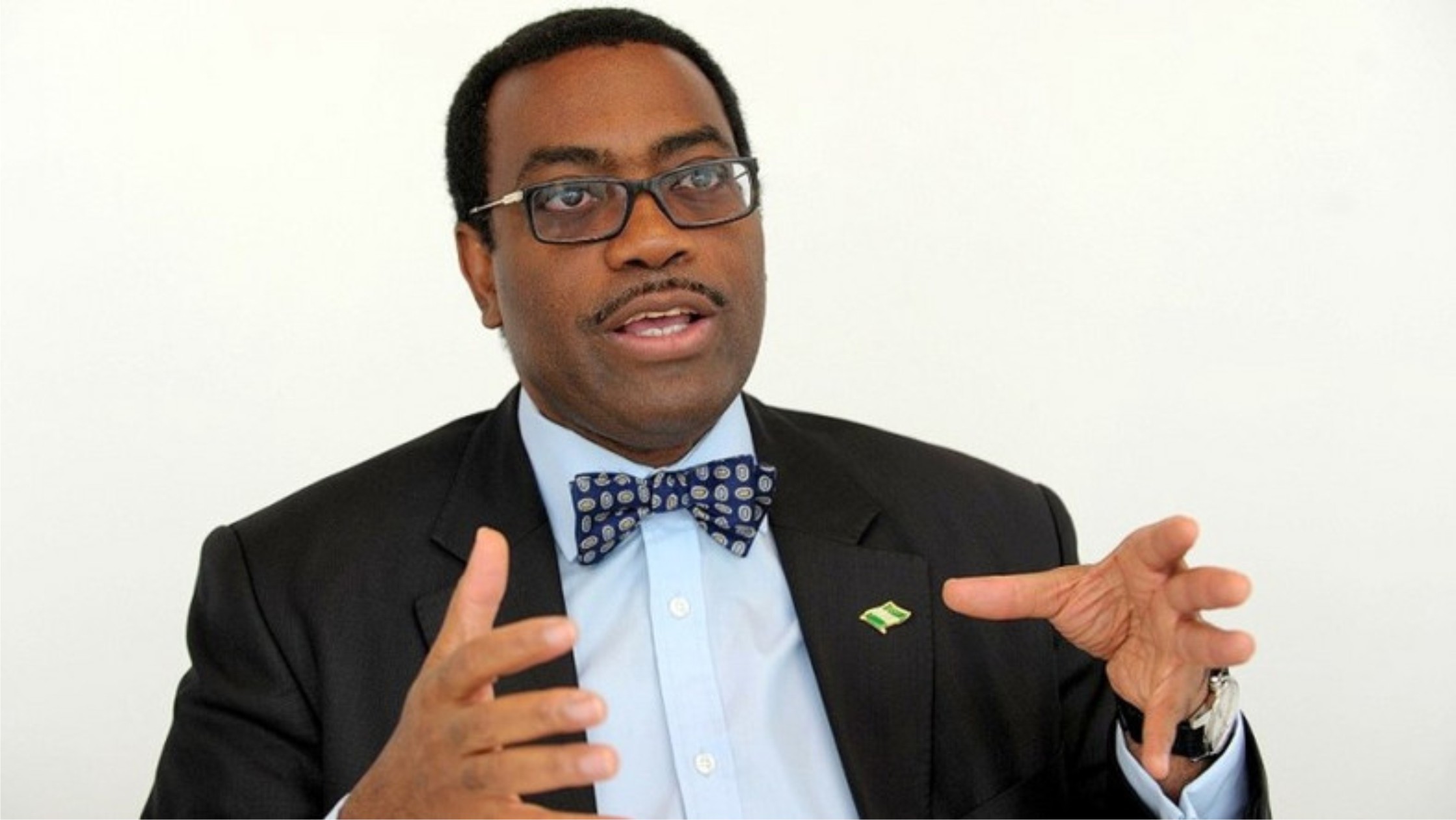Business
‘Canada, EU Must Lead World Economy’
Canadian Prime Minister Justin Trudeau has said that Canada and the European Union must lead the international economy in challenging times.
Trudeau told the European Parliament that the union was an unprecedented model for peaceful cooperation in a speech that marked his distance from both the U. S. under President Donald Trump, who has questioned the value and future of the bloc, and from Britain, which has voted to leave it.
He said that an effective European voice on the global stage was not just preferable, but essential.
“You are a vital player in addressing the challenges that we collectively face as an international community,” he told EU lawmakers a day after they backed an EU-Canada free trade deal.
“Indeed the whole world benefits from a strong EU.”
Trudeau, who will also visit Germany, said that Canada and the European Union shared a belief in democracy, transparency and the rule of law, in human rights, inclusion and diversity.
“We know that, in these times, we must choose to lead the international economy, not simply be subject to its whims,” he said, according to a text made available in advance of his speech, adding both parties had shown they valued trade and a belief that it could bring prosperity to their citizens.
With the passage of their trade deal, Canada and the EU offer a counter to Trump, who has withdrawn from the Trans-Pacific Partnership (TPP) and wants to rework the North American Free Trade Agreement.
For Canada the Comprehensive Economic and Trade Agreement (CETA) is important to reduce its reliance on the neighbouring United States as an export market.
For the EU, it is a first trade pact with a G7 country and a success to hail after months of protests at a time when the bloc’s credibility has taken a beating from Britain’s vote last June to leave.
Trudeau’s speech, in English and French, got a warm welcome from lawmakers in Strasbourg as he signalled Canada’s distance from both its big neighbour to the south under Trump and from London, where Brexit supporters argue that ties to Britain’s old empire can help expand trade once out of the European Union.
Both Canada and the EU, said Trudeau, needed to ensure that their Comprehensive Economic and Trade Agreement (CETA), set to enter force in months, worked for people.
“If we are successful, CETA will become the blueprint for all ambitious, future trade deals. If we are not, this could very well be the last. So make no mistake, this is an important moment for us.”
Trudeau said many people were worried that the current system only benefited society’s luckiest few and that this was a valid concern.
Trade, he said, must be inclusive, so that everyone benefited.
“And this agreement delivers just that.”
Business
PETAN, Others Unveil ALCO, Get NCDMB’s Support … Mull Synergy With APPO, AU

Business
AON Lifts Ban On Freed Ibom Air Passenger

Business
Ex-NIMASA DG Harps On Blue Economy Importance

-

 Business3 days ago
Business3 days agoAfDB Secures N3.4trn For Agro-industrial Processing In Nigeria
-
Business3 days ago
Investment Flow To Nigeria Drops By 70%
-

 Featured3 days ago
Featured3 days agoNigeria Accounts For 70% Of 11m Illegal Arms In W/Africa
-
Business3 days ago
CBN Plans Legal Action Against FX Contract Violators
-
Politics3 days ago
APC Doesn’t Have Money, Relies On Elected Members For Funds – NWC Member
-
Politics3 days ago
Rivers LG Polls: IPAC Asks Political Parties Not To Participate
-

 News3 days ago
News3 days agoNCos Frees 28,149 Inmates After Payment Of Fines, Compensation In 2024
-
News3 days ago
Be Cautious About AI, VC Tells Scholars

